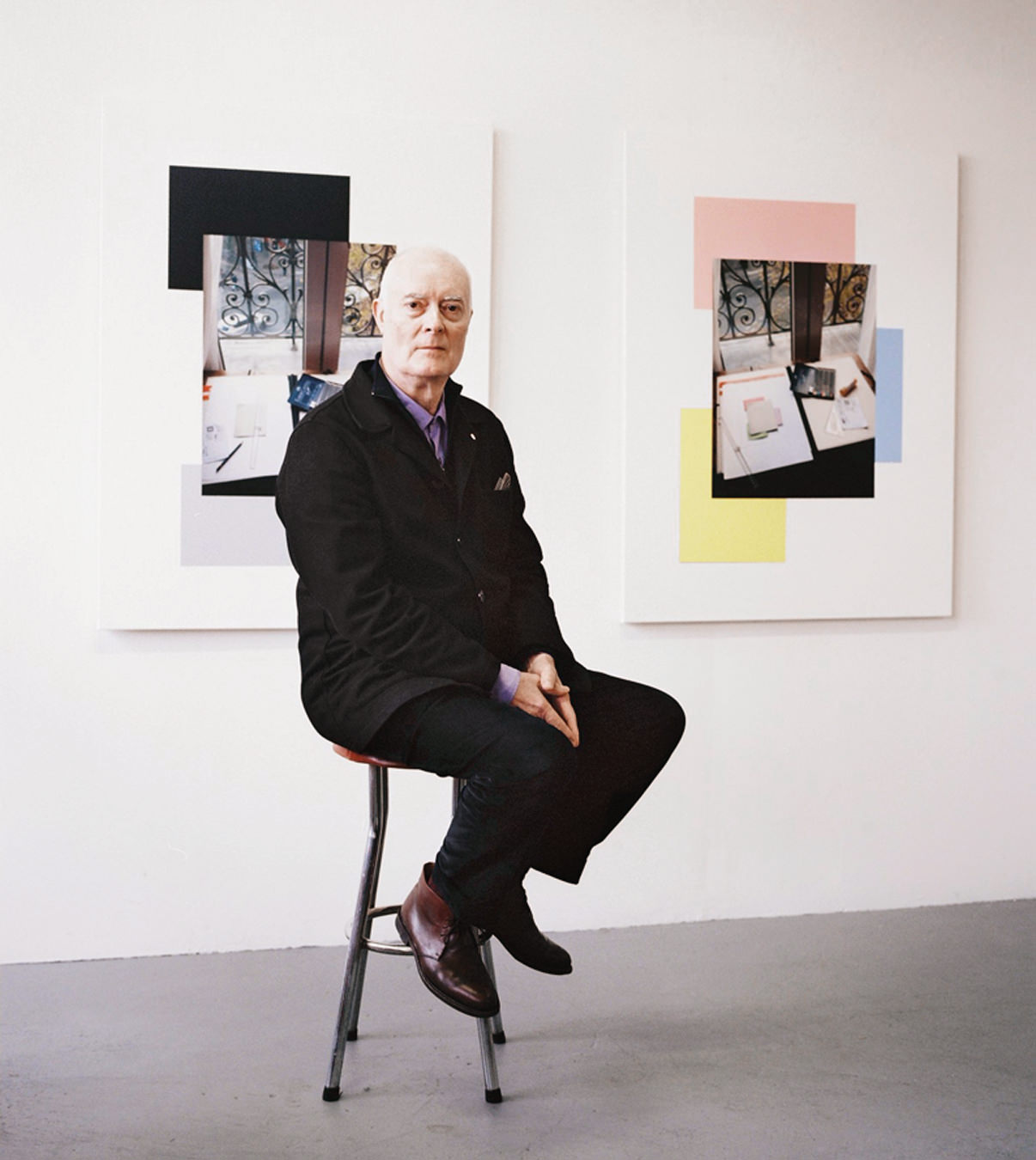Barrick Gold
You’d figure it’d be a pretty easy business. Find a hole with some gold in it, then dig; whatever comes out is essentially money. In reality, the business of gold mining is one of the most dangerous there is—for those with the picks and the shovels, certainly, but also for the guys in the suits and ties who tell them where to dig.
Case in point: Toronto-based Barrick Gold. Shares in the world’s biggest gold miner have sunk 53 per cent thus far in 2013. Shareholders who have stuck with the stock over the past 20 years have almost nothing to show for their patience: at time of writing, Barrick’s stock is sitting at $18.05, a level not seen since April of 1993. Since its inception (May 2, 1983), the company has retained earnings of -$4.7-billion. No, that’s not a typo, it’s a minus sign.
To be fair, gold miners have had a tough go of it lately—the price of their product has slipped from a high of US $1,923 an ounce to about $1,240 today, give or take a couple of bucks. But even in such hard times, Barrick is a special case. The company has long been singled out for its hyper-aggressive expansion strategy, its rubber-stamp boardroom, and its Paris Hilton-like spending habits. Early this year, the company announced it was writing off over half of the value of its ill-advised $7.3-billion takeover of Equinox Minerals back in 2011. In the second quarter, the company took a $5.1-billion writedown on its Pascua-Lama mega-mine on the border of Chile and Argentina (the project’s original price tag: $3-billion); then, in October, the company decided to shutter the project indefinitely. Such debacles led the company to end the year by selling a block of equity to shore up its balance sheet, diluting current shareholders to the tune of $3-billion.
As for those shareholders—well, they’ve had enough. Sustained discontent and a slumping stock price finally forced company founder Peter Munk to pass on the CEO baton to John Thornton, former president of investment bank Goldman Sachs. But even this didn’t go smoothly: seven of Canada’s pension funds (among them, Quebec’s Caisse, the Ontario Teachers’ Pension Plan, along with the granddaddy of them all, the Canada Pension Plan Investment Board) teamed up to denounce the company’s $11.9-million signing bonus for Thornton. Whether Thornton’s mop is big enough to clean up Barrick’s mess remains to be seen.
To his credit, Munk seems humbled by his experience. In many of the post-exit interviews granted to the financial press, he has expressed contrition for his “growth-at-any price” business plan, and regret for the ease with which he used to break out the corporate chequebook. Still, such remorse must be cold comfort to Barrick shareholders.
Open letter to CEOs: you are hired to make money, not build empires. Let’s stop framing your desire to expand as a strategic necessity and call it what it really is: a hubris-fuelled shopping spree using someone else’s money. It’s time to stop, before we all find ourselves at the bottom of a hole we can’t get out of.




